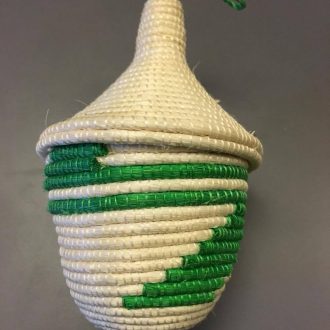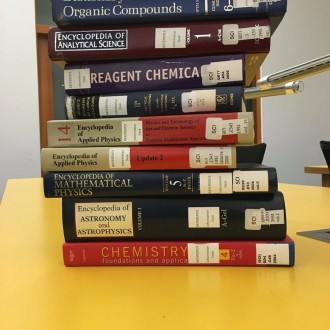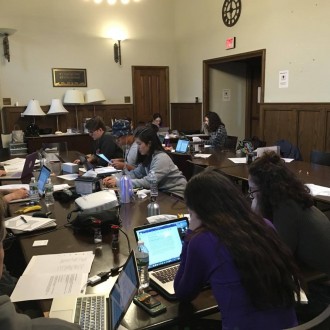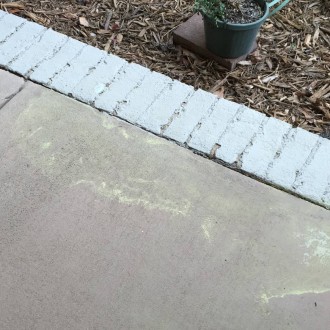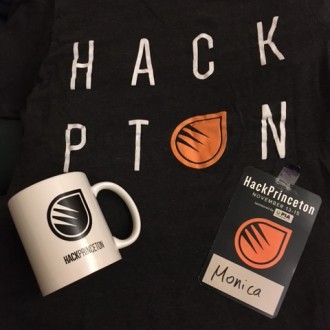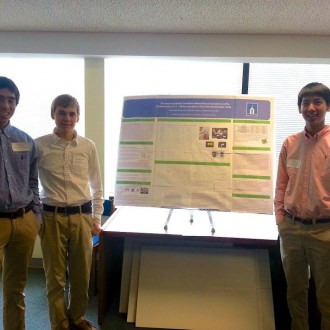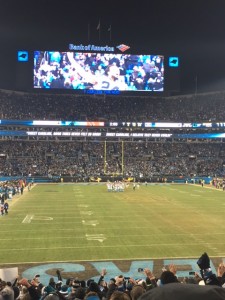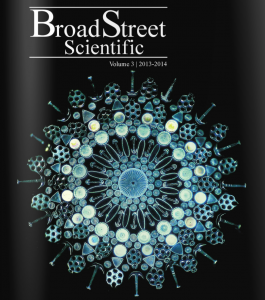When I hopped on my flight to Chicago a few weeks ago, I was surprisingly calm and collected about spending 10 weeks as an intern in a whole new city by myself. This seemed odd to me, because I’m normally extremely nervous about leaving my house for any longer than a week. I still remember how terrified I was during my first few months at Princeton. I worried about everything — The fact that the laundry room was located six entryways away scared me. Were my awful laundry habits going to leave me perpetually clothes-less?
But going to Chicago, I felt somewhat prepared. It’s probably because I pictured Chicago as a smaller version of New York City, which I had grown comfortable with during my two years at Princeton. While several of my friends were traveling to exotic, exciting places around the globe, Chicago seemed comparatively boring to me.
Now, I think back to my pre-Chicago mindset and can’t believe how terribly wrong I was.



